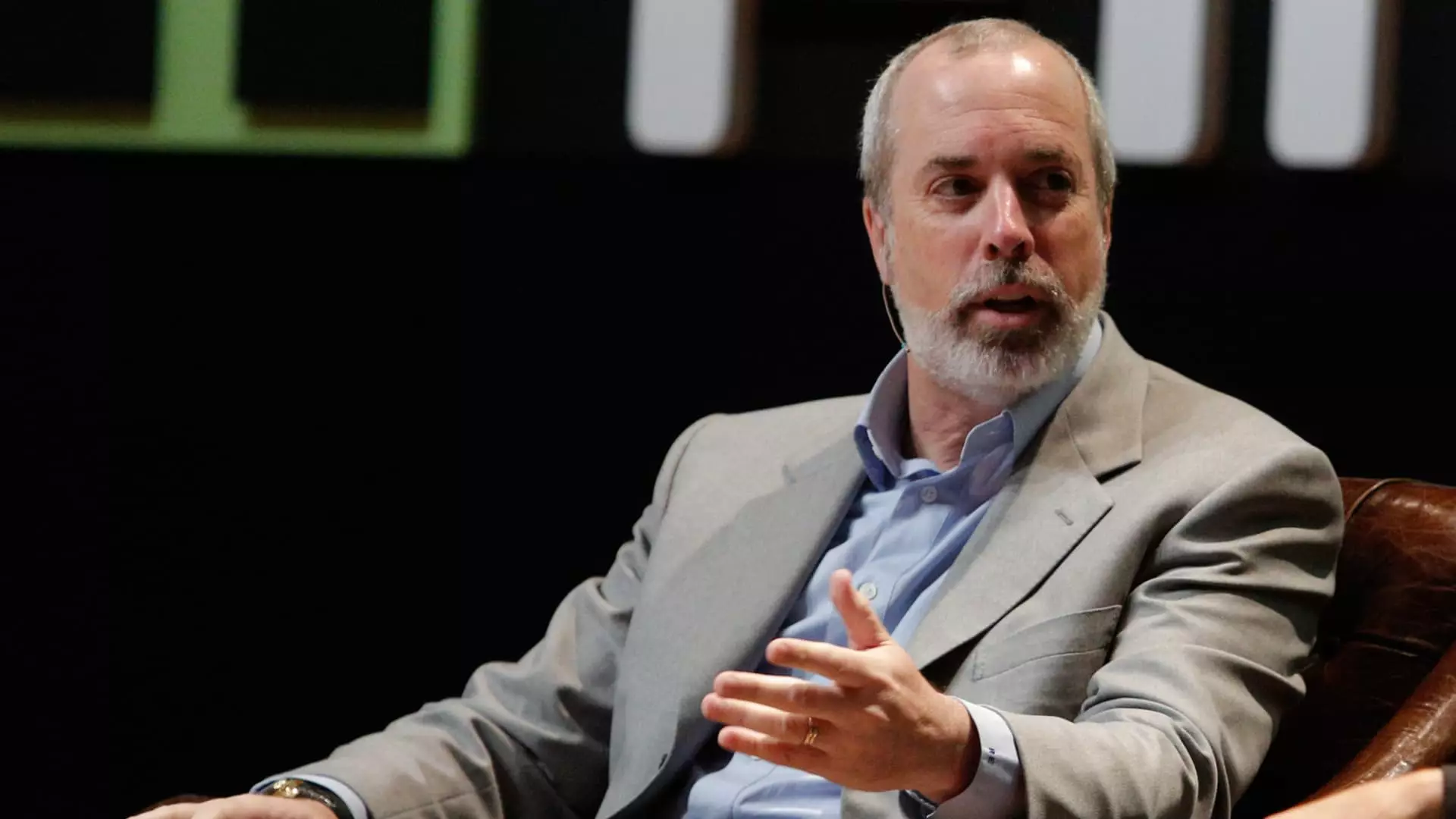In an era where information is literally at our fingertips, the glaring inadequacy of financial literacy in America is alarming. Ric Edelman, the founder of Edelman Financial Engines, has made an impassioned plea for increased financial education among Americans. His observations, as aired on CNBC’s “ETF Edge,” cut to the heart of a national crisis: “We stink at it,” he claims, summarizing the dismal state of financial acuity in our society. With a historic failure to embed sound financial education into our cultural fabric, the American populace finds itself increasingly vulnerable to economic pitfalls, particularly as life expectancies rise and retirement planning becomes a necessity rather than an option.
Edelman’s perspective highlights a striking generational shift. Unlike previous generations who often faced relatively short life spans, Baby Boomers are now witnessing a new norm of longevity. This poses pressing questions regarding sustainability in personal finance, especially when time frames for investments stretch further into the future. Traditional investment models, such as the well-touted 60-40 stock-to-bond allocations, face scrutiny as the context of retirement evolves. For many, reaching retirement without exhausting their financial resources requires a deft understanding of personal finance that remains elusive for a great number of Americans.
The Lure of Quick Wealth
Today’s young investors are ensnared by the enticing yet treacherous allure of fast wealth—a phenomenon exacerbated by the rise of so-called “get-rich-quick” schemes. In a world rife with investing platforms that promote high-risk strategies under the guise of financial empowerment, it’s no wonder that many millennials and Gen Zers are drawn into the dangerous web of financial gambling rather than disciplined investing. With options trading exploding to the point of retail traders comprising nearly 50% of the market in 2022, the specter of financial ruin lurks ominously for those unprepared to wield their newfound tools wisely.
Edelman’s concerns resonate with frightening clarity as he urges our youth to exercise caution. The complexity crafted by corporate America often doesn’t aim to enlighten consumers but rather to ensnare them within convoluted and expensive financial products. The objective appears to be manipulation rather than guidance—a reality that adds layers of complication to what should be straightforward financial decisions. When individuals are taught to engage with their finances through TikTok influencers rather than reputable sources, we should collectively shudder at the impending consequences.
The Educational Void
Perhaps the most disheartening aspect of this ongoing crisis is the glaring lack of mandated financial education in our school systems. Many young adults are left to wander through a labyrinth of financial decisions, armed with little more than trial and error from hard knocks. The absence of a compulsory personal finance course in high schools transforms what should be a basic understanding of fiscal responsibility into a luxury of the well-informed.
Yet, a glimmer of hope emerges as a number of states have begun to recognize the void. Mirroring cultural and technological progress, we see states like Utah leading the charge in requiring a personal finance curriculum for graduation. By 2023, 27 states have followed, paving the way for a more financially enlightened future generation. While there’s still much work to be done, the shift in educational policy signals a growing recognition of the importance of financial literacy—a necessity for survival in today’s complex economic landscape.
The Financial Hurdles of New Graduates
Compounding these systemic issues are the financial hurdles that newly minted graduates face. Burdened with student debt in a competitive job market, many young Americans find it difficult to allocate funds for investments. With everyday expenses taking precedence, the dream of financial security can feel like an impossible feat. Yet, amidst these challenges, a beacon of resilience shines through. Edelman highlights the eagerness among today’s youth to improve their financial standing, spurred by witnessing their parents struggle under inadequate financial planning.
This generation’s determination to escape the pitfalls that ensnared their predecessors offers a refreshing perspective. The millennial and Gen Z emphasis on financial literacy and stability bodes well for the future, as they seek to learn from the mistakes of those before them. Whether through innovative technologies or a thirst for knowledge, the potential for a more financially savvy populace points to a brighter horizon.
In a time where the stakes are higher than ever, it is only by embracing education and rejecting the false allure of quick gains that we can hope to foster a financially literate society.

